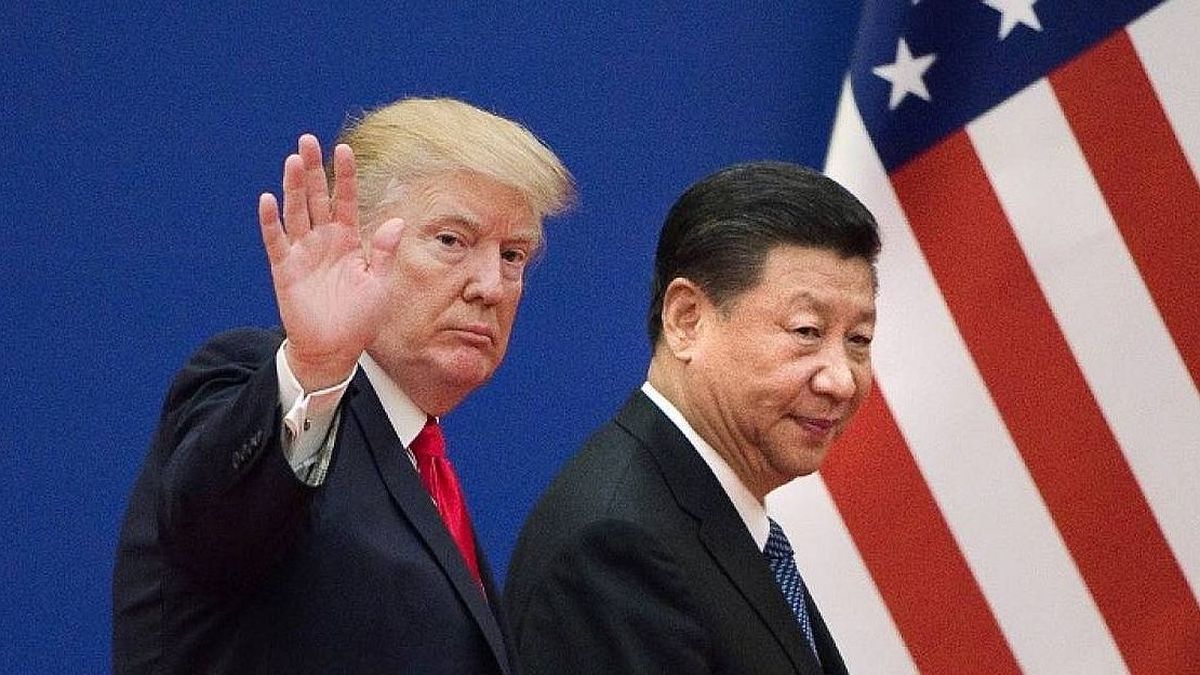Everyone agrees that smuggling crime on the borders with the Czech Republic and Poland must be combated more strongly. But opinions differ as to what should be done in detail.
Federal Interior Minister Nancy Faeser (SPD) has announced additional measures at the borders with the Czech Republic and Poland in the fight against smugglers, but details are still unclear. More information may emerge today. Faeser is expected in the Interior Committee of the Bundestag in Berlin – one focus is likely to be asylum policy.
There is heated debate over the question of how the federal government should respond to the increased number of asylum seekers. Faeser said on Deutschlandfunk on Tuesday: “We are first preparing stationary border controls. It’s about additional controls.” She added: “And we have to see what that brings.”
However, Faeser is currently not planning controls such as those that have existed in Bavaria on the border with Austria since 2015. Because they have to be applied for to the EU Commission. This has not happened so far – and according to information from the Federal Ministry of the Interior, this is not planned at the moment.
Different voices from the parties
CSU regional group leader Alexander Dobrindt called on Faeser to notify the EU of the prospect of additional controls at the borders with Poland and the Czech Republic. This must be done immediately, otherwise it would be a delay.
On the other hand, the co-chair of the Green parliamentary group, Britta Haßelmann, once again expressed doubts about the sense of stationary border controls on the ARD “Tagesthemen” in the evening. They mean a lot of staff who are then missing in other places, such as at the train stations. “And that’s why we’ve always said that perhaps selective, mobile border controls, random checks, are more important and more correct.”
Haßelmann explained that one also has to ask oneself whether targeted checks might not be a better approach than stationary checks. “We always have to weigh up what does this actually mean in the everyday lives of many people who work in one country in a united Europe and live in another country?” The Green politician also emphasized: “We are completely in agreement on the goal: the fight against smuggling crime must be strengthened.”
Federal government under pressure
The debate is being held against the backdrop of the approaching state elections in Bavaria and Hesse, which are on October 8th. Minister Faeser is also the SPD’s top candidate in Hesse – the CDU Prime Minister there, Boris Rhein, wants to defend his office. According to recent surveys in the country, the SPD is well behind the CDU.
The federal government of Chancellor Olaf Scholz (SPD) is also under considerable pressure in the EU because it rejects the proposals for the planned reform of the EU asylum system. This position is largely responsible for the fact that necessary negotiations with the European Parliament are currently blocked, several diplomats and EU officials told the German Press Agency. The Greens in particular are considered crucial for Germany’s position. Tomorrow the EU interior ministers will meet in Brussels. But a quick settlement in the dispute is not in sight.
Source: Stern
I have been working in the news industry for over 6 years, first as a reporter and now as an editor. I have covered politics extensively, and my work has appeared in major newspapers and online news outlets around the world. In addition to my writing, I also contribute regularly to 24 Hours World.




